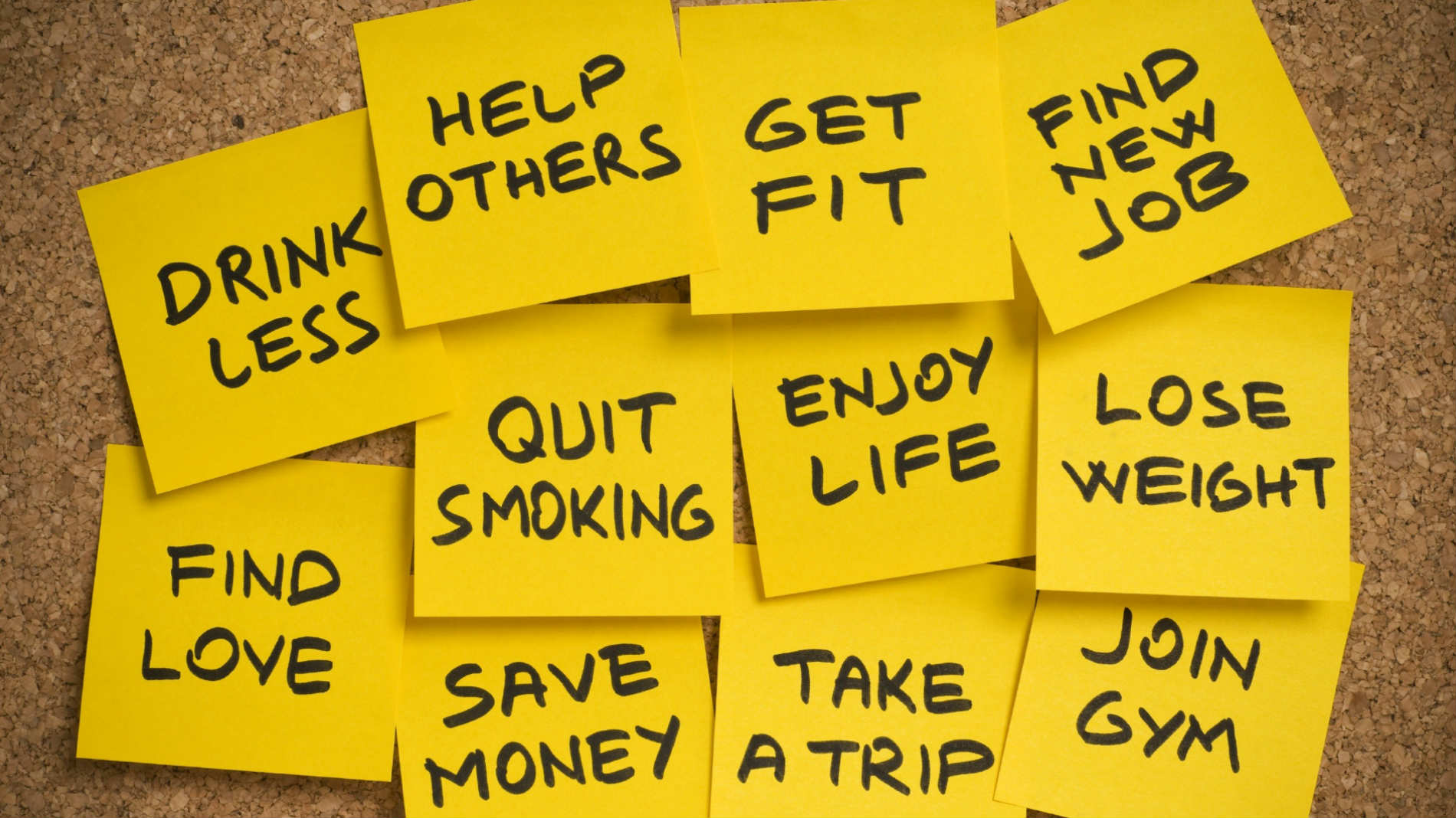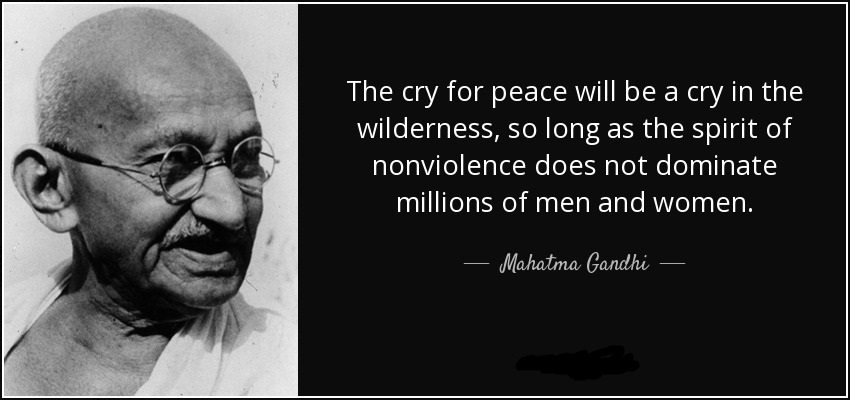Blue or brown eyes…?
Jet-black or blond hair…?
Light or dark skin…?
A recent broadcast of Sesame Street produced this now-viral video of “I Love My Hair”, featuring an ethnic character singing about loving her hair, more so an underlying message to love yourself, despite your race or color.
For decades, blue eyes, blond hair and a small frame have been the standard for beauty in America. We look at Barbie dolls, supermodels, celebrities and other people to answer the question of beauty. But African-Americans have seldom been viewed as beautiful or desirable. For some reason, the psyche in most Americans equate lighter features as being more desirable than darker features. We all look at the light-skinned “brotha” or “sista” with light green eyes and straight hair, but fail to look twice at the dark-skinned, curly-haired friend sitting beside him/her. Furthermore, we look at Barbie dolls at the forefront of the shelves with their perfectly blond hair, pale skin and blue eyes…but we have to fish around the back of a dirty shelf for the Black Barbie…
Today’s nasty mindset of “lighter is better” is trickling down to our children at an alarming rate, creating this sense of peer pressure as early as 5 years old, especially with young girls. A LOT of us grow up hearing about our “nappy” hair, our large noses, our dark skin, our full lips…all to demean and belittle us, and to drain our self-esteem. This becomes a catalyst for depression and various physical and mental disorders, including eating disorders and obsessive behavior. Some of us also grow up to become accustomed to wearing fake accessories and other means of alteration to make us feel beautiful (i.e. weave, colored contacts, profuse makeup, plastic surgery, etc.).
So with the ever-changing perspective of beauty, how do we stay confident in who we are? It starts with our children! Teaching and ensuring your child that they are beautiful in all aspects is key to a healthy and strong self-esteem. Many kids who show an active support system at home will also project that behavior into adulthood, and will develop effective coping methods in the face of rejection. Teach them how to style themselves accordingly, including colors to complement their features, or have “story time” and read about someone influential who looks just like them. Small steps like these can ensure your child’s development of self-worth and confidence.
Being a victim of teasing or ridicule can cause serious self-esteem issues into adulthood, including anxiety, depression and others. No one deserves to live a life, prisoner to mental issues; take BACK your mental health! Take the Dr. Owens Mental Health Prescreen Assessment and check your mental status today!



